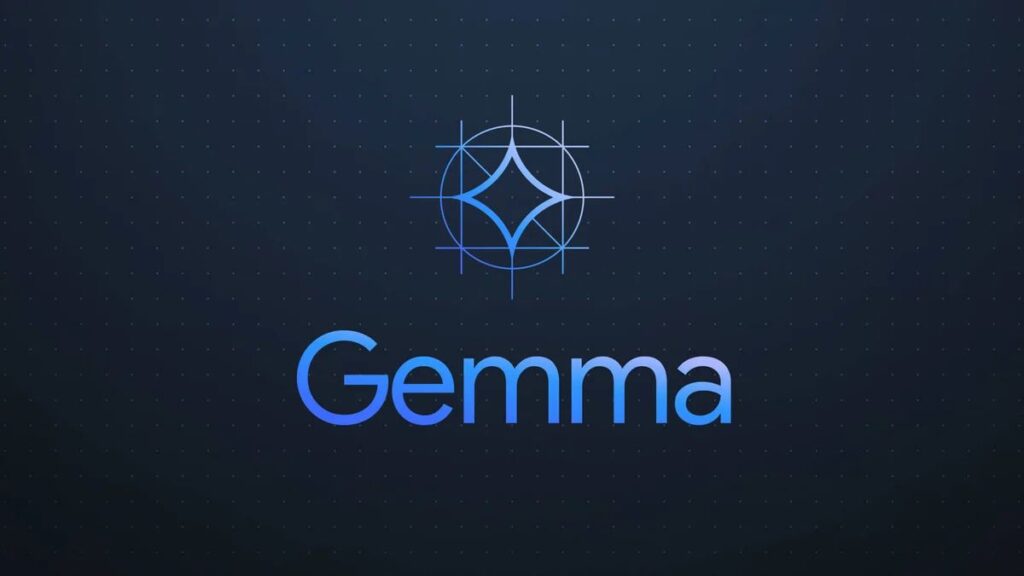- Google has pulled its developer-focused AI model Gemma from AI Studio
- The move comes after Senator Marsha Blackburn complained that it falsely accused her of a criminal act
- The incident highlights the problems with both AI hallucinations and public confusion
Google has pulled its developer-focused AI model Gemma from its AI Studio platform following allegations by US Senator Marsha Blackburn (R-TN) that the model fabricated criminal allegations about her. Although it was only mentioned obliquely in Google’s announcement, the company explained that Gemma was never intended to answer general questions from the public, but following reports of abuse, it will no longer be available through AI Studio.
Blackburn wrote to Google CEO Sundar Pichai that the model’s output was more defamatory than a simple error. She claimed the AI model answered the question: “Has Marsha Blackburn been accused of rape?” with a detailed but completely false narrative of alleged wrongdoing. It even pointed to non-existent articles with fake links to boot.
“There has never been such an accusation, there is no such person, and there is no such news,” Blackburn wrote. “This is not a harmless ‘hallucination’. It is an act of defamation produced and distributed by a Google-owned AI model.” She also raised the issue during a Senate hearing.
Gemma is available through an API and was also available through AI Studio, which is a developer tool (actually, to use it, you need to attest that you are a developer). We have now seen reports of non-developers trying to use Gemma in AI Studio and asking factual questions. We never intended that…1 November 2025
Google made it clear repeatedly that Gemma is a tool designed for developers, not consumers, and certainly not as a fact-checking assistant. Now Gemma will be limited to API usage only, limiting it to these build applications. No more chatbot-style interface on Google Studio.
The bizarre nature of the hallucination and the high-profile person who confronts it only raises the underlying questions about how to access non-conversational models and how complex these kinds of hallucinations can become. The Gemma is marketed as a “developer-first” lightweight alternative to its larger Gemini family of models. But utility in research and prototyping does not mean providing true answers to actual questions.
Hallucinating artificial intelligence
But as this story shows, there is no such thing as an invisible model once it can be accessed through a public tool. People came across Gemma and treated it like Gemini or ChatGPT. As far as most of the public might perceive the matter, the line between “developer model” and “public facing AI” was crossed the moment Gemma started answering questions.
Even AI designed to answer questions and converse with users can produce hallucinations, some of which are disturbingly offensive or detailed. The last few years have been filled with examples of models who have come up with things with plenty of confidence. Stories of fabricated legal citations and untrue allegations of student cheating make strong arguments in favor of stricter AI safeguards and a clearer separation between tools for experimentation and tools for communication.
For the average person, the consequences are less about lawsuits and more about trust. If an AI system from a tech giant like Google can invent allegations against a senator and back them up with non-existent evidence, anyone could be in a similar situation.
AI models are tools, but even the most impressive tools fail when used outside of their intended design. Gemma was not built to answer factual questions. It was not trained on reliable biographical datasets. It was not given the kind of retrieval tools or accuracy incentives used in Gemini or other search-based models.
But until and unless people better understand the nuances of AI models and their capabilities, it’s probably a good idea for AI developers to think like publishers as much as coders, with safeguards against producing glaring errors in fact as well as in code.
And of course you can too follow TechRadar on TikTok for news, reviews, video unboxings, and get regular updates from us on WhatsApp also.
The best business laptops for all budgets



